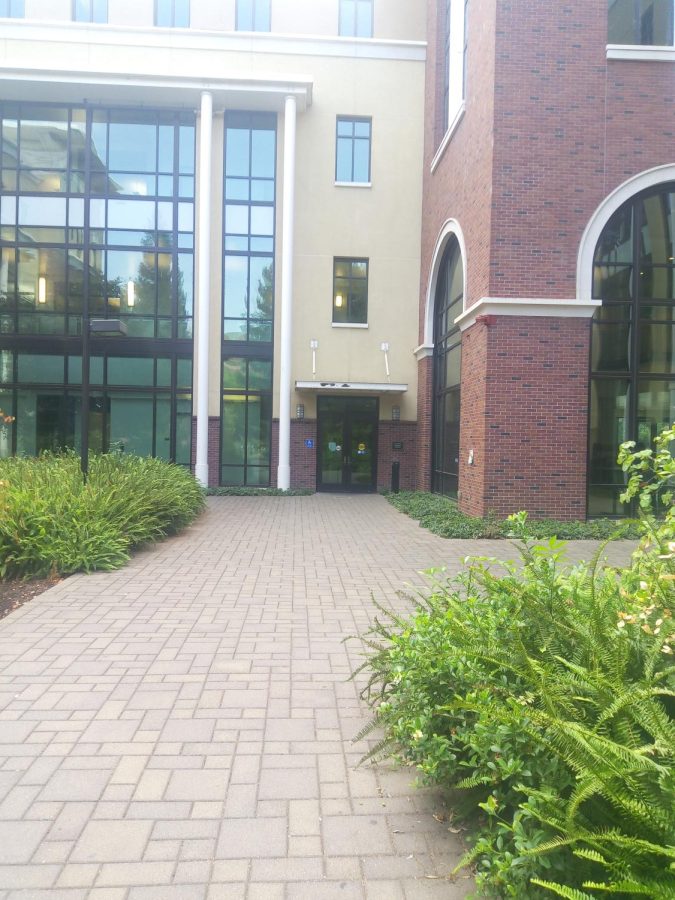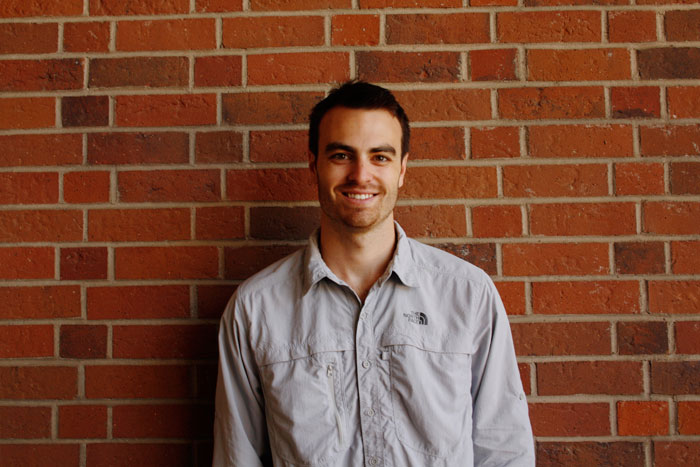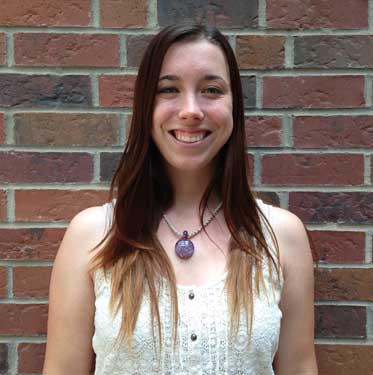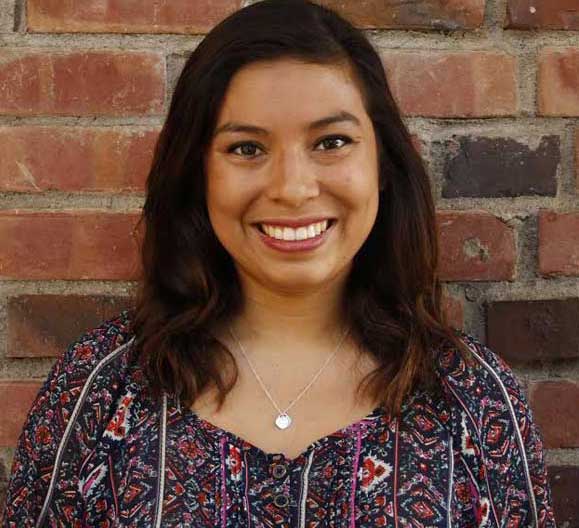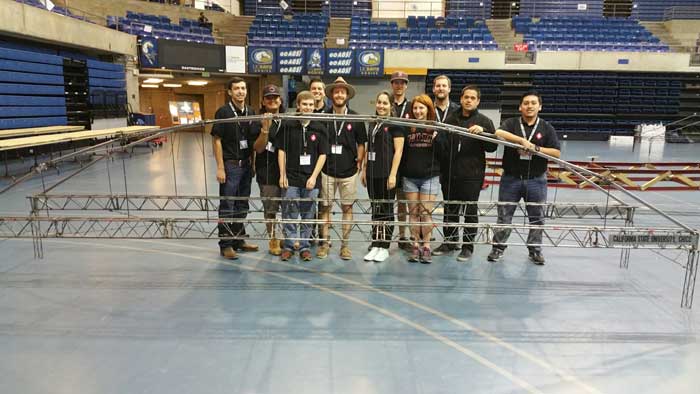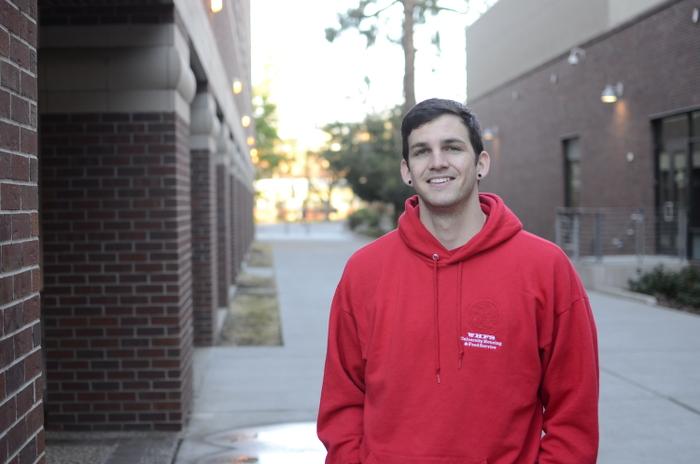
How many college seniors can say they have lived on campus every year since being a first-year student, in three different dormitories? Very few.
Caleb Meyer, a senior liberal studies major, has been a resident adviser for the past three years.
“My freshman year, I lived in Esken Hall at north campus,” Meyer said. “My first year as an RA (resident adviser) was in Whitney Hall, as was my second year. This year I am in University Village and next year I will be back at Esken.”
An accumulation of experiences in the dorms convinced him to become a resident adviser, Meyer said.
“The RAs at north campus put together a lot of awesome events, many of which challenged me to think and act differently than I did in high school,” he said. “We had Krystle from the CCLC (Cross-Cultural Leadership Center) come in to talk about stereotypes, and another time we had Tray and Lindsey Briggs talk about different sexualities. These events made me an even more accepting person.”
RAs are like Swiss army knives, Meyer said, because they work in a myriad of situations.
“RAs are that person that freshmen or transfer students can talk to when they are homesick, lonely, bored, anxious, stressed, depressed or not doing well in school,” Meyer said. “We are not the single solutions for those difficulties, but we can address the surface level of the problem and empathize with the student, because we’ve all had feelings like those before and know what it’s like to be in a new place for the first time.”
During the past three years, Meyer has learned a lot about himself and he said that being an RA has taught him that he makes a difference every day.
Resident advisers are trained in diversity awareness, community building, teamwork, policy enforcement and helping skills.
“I have learned how to balance my life schedule, challenge myself, talk to large groups of people, facilitate conversations and the list goes on,” he said.
It’s fun to interact with students on a daily basis, but there are some tricky boundaries, Meyer said.
“It’s a privilege to work with such an awesome population,” Meyer said. “It’s full of hypothetical questions that they ask, such as, ’So, hypothetically, if I had a taser under my bed, how much trouble would I get in?’”
However, RAs are still put into situations where they have to enforce the rules the residents agreed to follow.
“These interactions are always hard, as we can often come out looking like the bad guy, with the residents resenting us for ultimately doing our jobs,” Meyer said.
Another challenging aspect of being an RA is that they all have their own strengths and weaknesses.
“I would say the hardest part for me is really getting to know residents and their struggles because some will open up about their lives and what they need help with and some won’t,” he said. “Everyone at college is struggling with something, so I do my best to be available to help them.”
The job has provided Meyer with unforgettable memories, he said.
“Some of my favorite memories are the conversations that I would have with my duty partners as we would walk through the building on our 2 a.m. rounds,” he said. “Sleep-deprived people are always funnier.”
Meyer hasn’t really regretted not living in his own apartment or house during his college years, he said.
“Living off campus gives everyone a different set of experiences, such as learning to pay bills, manage personal finances and grow close with roommates,” he said. “I simply traded that for other areas of development and interactions with different people. I have all of my life to live off campus or to live with roommates, but the time I can be an RA is much more limited.”
Nicole Santos can be reached at [email protected] or @Iam_NicoleS on Twitter.



